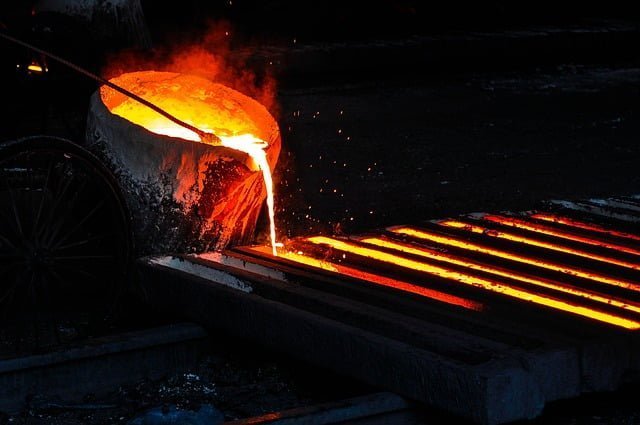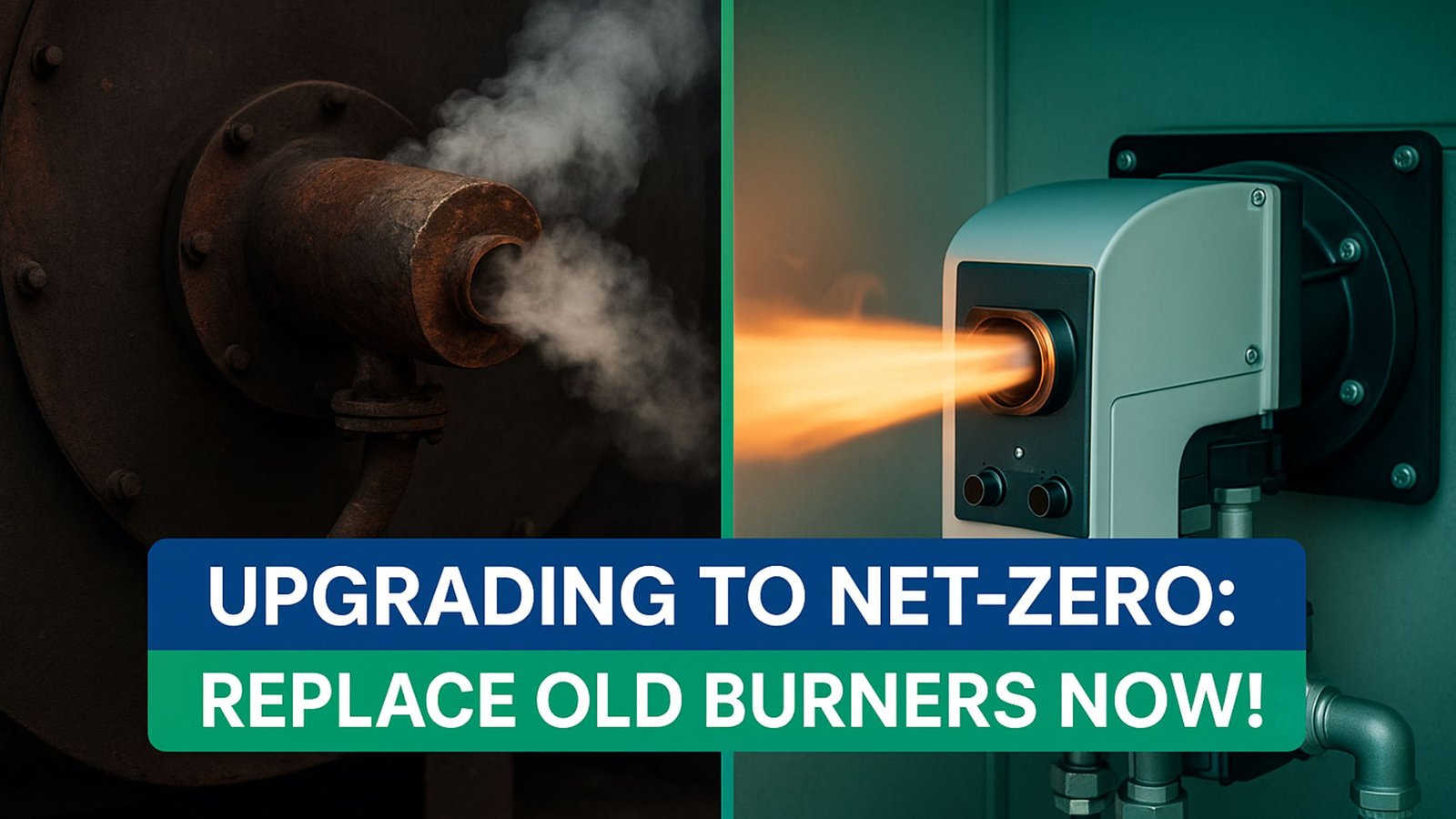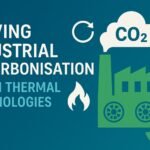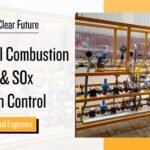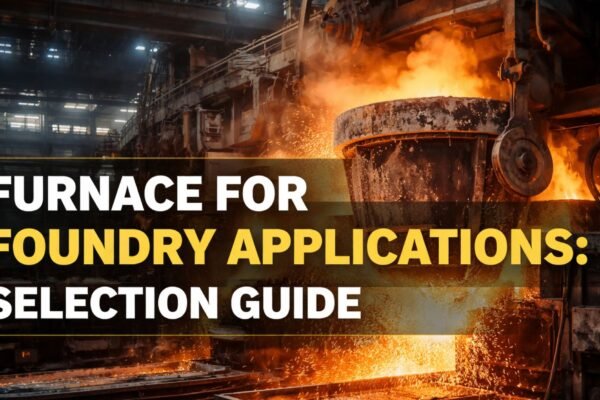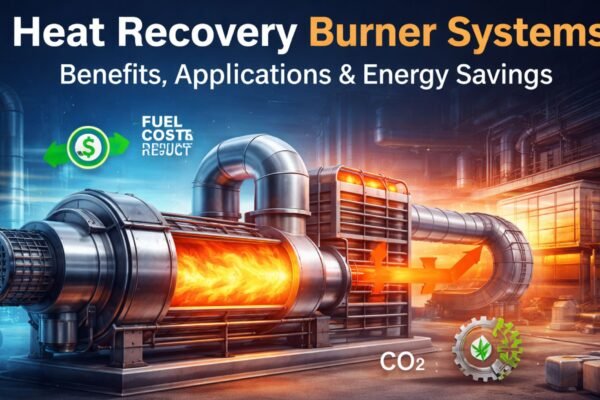Introduction
As industries worldwide strive to meet sustainability targets, achieving net-zero emissions has become more than a goal—it’s a necessity. In this context, one of the most overlooked but impactful steps is replacing old industrial burners and furnaces. Many factories still rely on decades-old combustion systems, which are inefficient, polluting, and costly to maintain.
This blog explores why upgrading to modern thermal systems is crucial for industries aiming for energy efficiency, cost savings, and alignment with net-zero industrial solutions.
The Hidden Cost of Outdated Industrial Burners
Old industrial burners are synonymous with energy wastage. They often lack modern control systems, result in incomplete combustion, and have poor thermal efficiency. Here’s how they impact your operations:
- High fuel consumption: Older systems can consume up to 20–30% more fuel than optimized modern burners.
- Increased maintenance: Frequent breakdowns and part replacements are common.
- Higher emissions: Outdated furnaces emit more NOx, CO2, and unburnt hydrocarbons.
Replacing old industrial furnaces is not just about performance—it’s about economics and sustainability.
Why Replacing Old Industrial Burners & Furnaces is the First Step Toward Net-Zero
Transitioning to net-zero industrial solutions starts with tackling energy-intensive components. Furnaces and burners account for a significant portion of industrial energy usage and carbon emissions.
By replacing old industrial furnaces, you benefit from:
- Lower carbon footprint: New systems are designed for complete combustion and minimal emissions.
- Higher energy efficiency: Modern burners often exceed 90% thermal efficiency.
- Renewable compatibility: Some new models support hydrogen and biofuel combustion.
This makes industrial burner replacement a foundational move in your decarbonization roadmap.
How Modern Burners Enable Smart Energy Management
Upgrading to modern burners and furnaces unlocks new levels of process control and automation:
- O2 trim systems optimize air-to-fuel ratios in real-time.
- Digital interfaces allow remote diagnostics and predictive maintenance.
- Integration with EMS (Energy Management Systems) ensures complete visibility of thermal energy use.
With such features, industrial burner replacement becomes a smart investment, not just an environmental responsibility.
Compliance with Global Emission Norms
Many countries are tightening industrial emission standards. Continuing with legacy systems can expose your plant to penalties, shutdowns, or increased carbon tax liabilities.
Benefits of switching:
- Ensures compliance with BS VI, Euro standards, or India’s PAT (Perform, Achieve, Trade) framework.
- Prepares your facility for ESG audits and green certifications.
- Improves your standing with eco-conscious clients and investors.
Again, replacing old industrial furnaces isn’t just an upgrade—it’s a strategic compliance move.
Long-Term Cost Savings and ROI
Savings in fuel, maintenance, and manpower often offset initial investments in new burner systems. Let’s break it down:
Factor | Old System | New System |
Fuel Efficiency | ~65% | ~90% |
Annual Maintenance | High | Low |
Downtime | Frequent | Rare |
Automation | Absent | Integrated |
Companies report ROI within 2–3 years after industrial burner replacement, with continued savings and fewer operational disruptions.
Case Studies: Real-World Impact of Furnace Upgrades
Case A: Foundry in Gujarat
After replacing old industrial furnaces, the company reduced fuel consumption by 25%, lowered emissions by 40%, and improved casting quality.
Case B: Food Processing Unit in Rajasthan
Switching to new burners led to a 50% reduction in maintenance costs and ensured compliance with new food-grade heating standards.
These examples highlight that upgrading your combustion systems is both practical and profitable.
Aligning with Government Incentives and Schemes
Governments around the world, including India, offer incentives for energy-efficient upgrades:
- Energy Efficiency Financing Schemes
- Carbon Credit Trading for Reduced Emissions
- Subsidies on Cleaner Technology Adoption
By aligning your furnace upgrades with these programs, you can further reduce capital expenditure and fast-track your net-zero industrial solutions.
Why Choose Encon Thermal Engineers for Burner Replacement
Encon Thermal Engineers is a pioneer in thermal process optimization and combustion technology. Our team:
- Designs and installs custom burner systems for various industries
- Offers end-to-end service from audit to installation
- Ensures your plant meets global emission standards
Whether you’re looking to replace old industrial furnaces or integrate smart burner systems, we offer reliable, cost-effective solutions.
Conclusion
Achieving net-zero targets requires more than just switching to green energy sources—it demands replacing old industrial furnaces with efficient, modern systems that reduce emissions, enhance control, and cut costs.
Don’t let outdated burners slow down your sustainability journey. Contact Encon Thermal Engineers today to explore customized solutions for industrial burner replacement and set your facility on the path to net-zero industrial solutions.
